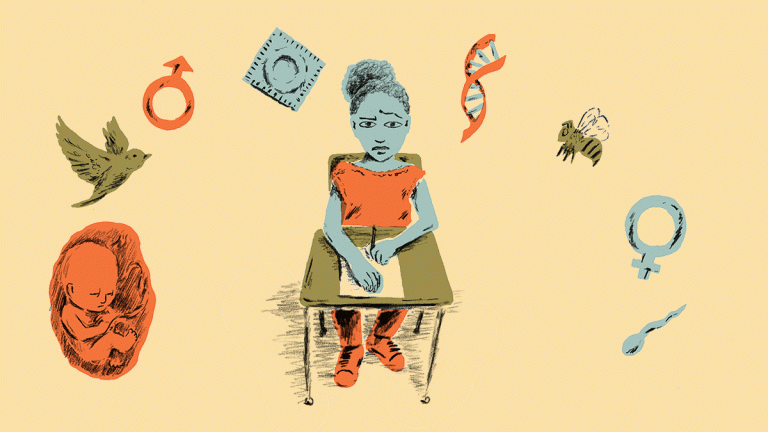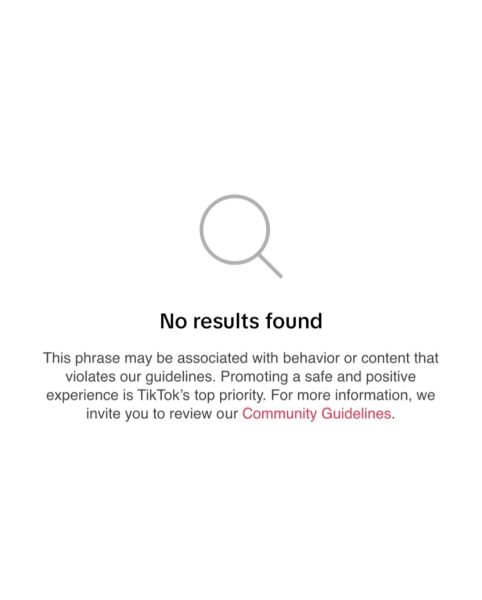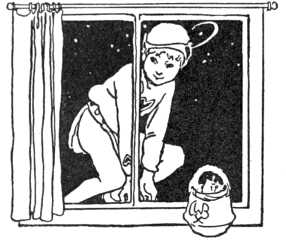Incomprehensive Means Unprepared

The Kansas Model Curricular Standards for Health Education requires teachers to “explain the effects of the risk behaviors of adolescence which increase the risk of various diseases and life-threatening situations (such as alcohol poisoning, dating violence, and sexual harassment) and assess students over content knowledge.” In addition, the curriculum outlines the specific categories as “dietary behavior, tobacco use, alcohol and drug use, intentional and unintentional injuries, sexual behaviors that result in unwanted pregnancies and sexually transmitted infections (STIs) and physical activity.”
My teachers did everything outlined in the standards. They explained how to have safe sex and how to avoid STDs and pregnancy. Even though my peers and I received a seemingly satisfactory sexual education, it is as though many girls at Topeka High and others in 501, and even outside, still get pregnant often. If my P.E. class’ sexual education unit was so great according to the state of Kansas, why are teenagers still getting pregnant? What was lacking? Kansas does not require teachers to cover sexual education for people who are members of the LGBTQ+ community and students who attend private schools.
While Topeka High educated us on the necessity of using birth control and protection, it was not enough. It doesn’t matter how much kids are educated about using birth control, protection, and emergency contraception if they do not have easy access to items such as condoms and birth control pills.
According to a survey from 2017 by the Centers for Disease Control (CDC), 40% of teenagers have had some sort of sexual intercourse. Of the 40% of students who had been having sex, 30% reported they had done so within the three months prior to the survey. Out of 30% of those who reported having had sex in the prior three months, 46% did not use a condom the last time they had sex and 14% did not use any form of birth control.
In 2007, the Topeka AIDS Project, now known as Positive Connections, donated about 100 condoms a month to Topeka High. The condoms were placed in a wicker basket in the nurse’s office. Information about free AIDS testing and how to use the contraceptives were also provided.
After two months of condoms and information about AIDS being provided, the school district pulled the plug after a reporter from the Topeka Capital-Journal wrote a story about it. Both Topeka High and 501 received backlash from unhappy parents, especially parents who were part of the booster club. The superintendent claimed the Topeka High principal was unaware condoms and information were available to students. In addition, the superintendent said it was something that needed to be dealt with between children and parents. He also stated it was something that needed to be discussed with the school board. Nothing was ever implemented after that ordeal.
“While it may have been better than some, I think that my sex education at Topeka High had some major issues,” said Bannon Beall, a recent Topeka High graduate. “First, we had no education about consent or sexual assault. That is incredibly dangerous for obvious reasons and, I would argue, even more important than some aspects of sex education that we covered in detail. Second, we had no sex education in regards to LGBT relationships. That is horrifyingly ignorant, exclusive, and dangerous.”
Beall also stated that she thinks it is more important teenagers “practice safe, consent-based sex” than just remaining abstinent. In addition, she said she absolutely believes condoms should be provided in schools and that even though providing condoms will not solve every problem, “it would be a step in the right direction.”
Similarly, Alivia Cook, a sophomore at Washburn Rural, said her school did not teach about sexual assault. Cook said sexual assault should be a topic addressed during a sexual education unit.
“It [sex ed] should be more open and more informative. Also, condoms should be provided in school to ensure the high school kids are being safe,” said Cook. If kids are of age and want to have sex, they should have safe pathways to do so.”
Jacob Gernon, a junior at Topeka High, expressed that his sexual education was also lacking.
“STD education is obviously important, but they really just scared kids with the horrifying pictures of the diseased genitalia,” said Gernon. “They also did not talk about STDs that disproportionately affect some members of the LGBTQ community.”
Additionally, Gernon addressed the lack of access to contraception.
“I do think condoms and other contraceptives should be provided because some teenagers don’t have access to condoms or other contraceptives, so instead they engage in unsafe sex, thus increasing the risk of STDs, STIs, and teen pregnancy.”
The stories of students I interviewed are all horrifyingly similar across school districts — there is a lack of sexual education for LGBTQ+ students, healthy relationships and sexual assault are barely, if ever, brought up, and contraception is something many students believe should be available in school.
So what is the solution to the problem?
There is no one clear solution. However, covering topics not traditionally covered would be a step in the right direction.
This is a Kansas-specific excerpt from a longer story originally appearing here.





